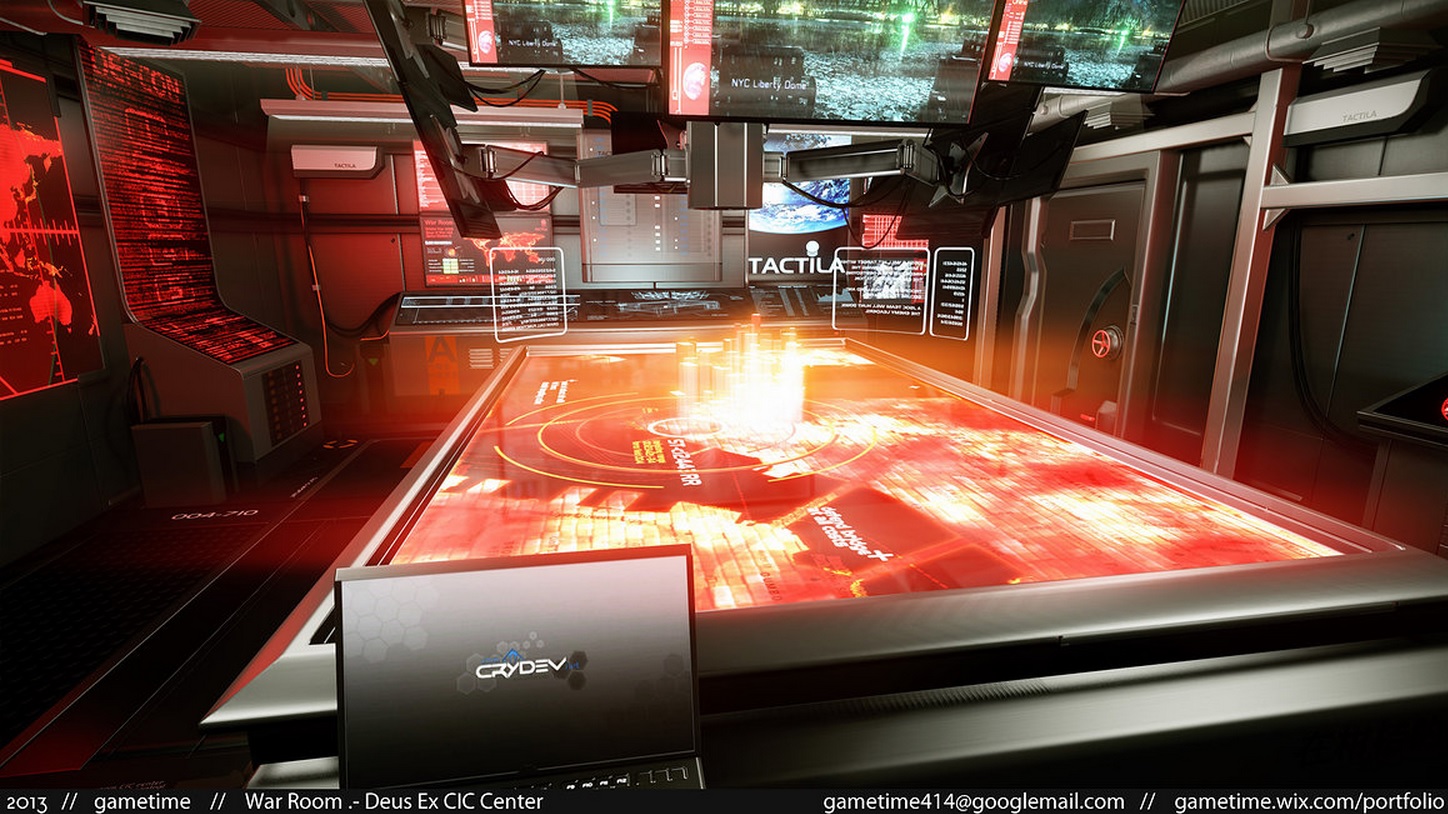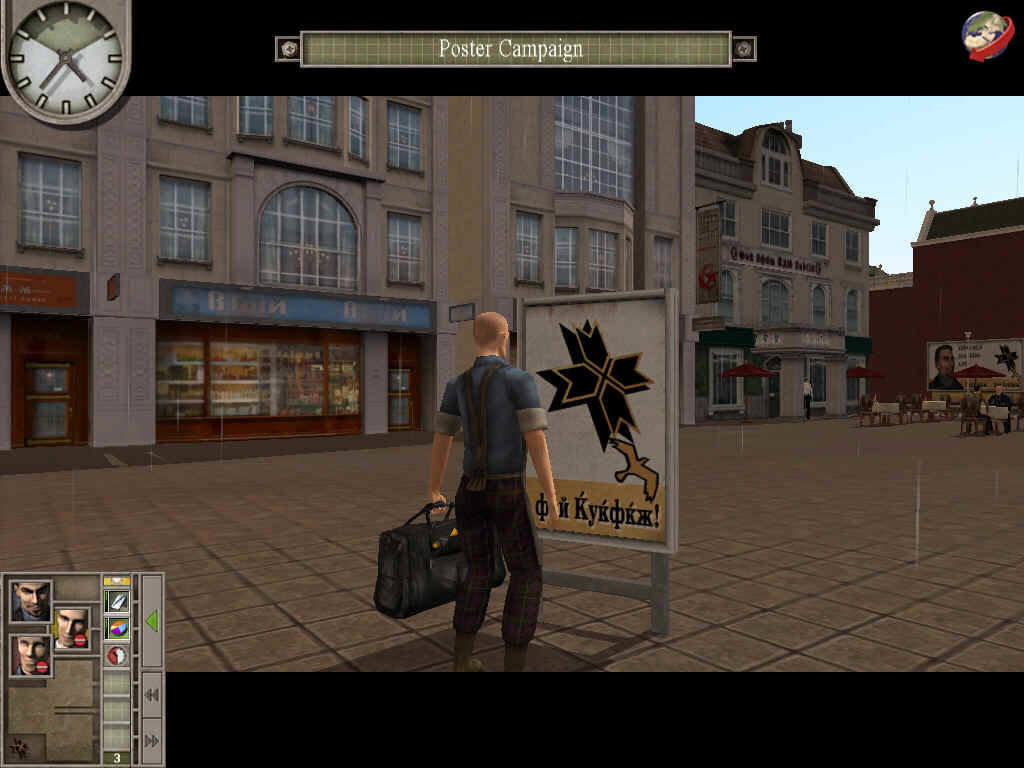
One moment you’re king of your castle, the next you’ll be face down in the gutter having met a lynch mob. The Revolution that things can quickly spin out of control. There’s so many bars, metrics and meters to consider in We. Either that or you can ignore the jury’s verdict and send the accused off for spot of friendly decapitation regardless, even if you risk displeasing the jury and losing reputation in the process.
#Games like we. the revolution trial
This can quickly destroy a trial as each question is calibrated to lead the jury to a different verdict, if you run out of suitable questions to get you a guillotine verdict then the revolution will just have to settle for you dishing out some prison time. On one occasion I was convinced that having someone stabbed should fit into both method and motive, but apparently not.Īs you gather evidence you’ll unlock more questions to ask the accused, but botch the evidence linking too many times and you’ll lock the system. Sometimes you’ll understand what the piece of information means, but you’ll just link it to the wrong topic, according to the developer. This is the first misstep taken by the game there’s far too much ambiguity about which pieces of information should link to which topic. Motive, evidence, witness, or extenuating circumstances for example.

To achieve an execution, or any other verdict, you’ll need to asses the notes of the case, often several pages of them, and then link the information you’ve gathered to prescribed topics.

Truth be told there’s something delightfully and satisfying sneaky about pulling the wool over an entire court room’s eyes, even if it does send an innocent man to Madame Guillotine. The player must assess these needs, decide upon which faction they will benefit from the most by pleasing, and then orchestrate the case to convince the jury that their verdict is correct. They’ll lean towards a certain punishment, such as imprisonment or execution, or they’ll demand the accused to be set free. The different factions of Paris, the revolutionaries, the people and even your own family all have specific expectations of the result of any trial. It’s essentially a resource management sim with a host of metrics to consider whilst in the court room. Instead, as you judge over revolutionaries, criminals, citizens and royalty, your objective is to simply survive and try to further your political standing by beheading some enemies. Justice has nothing to do with your verdict. Despite the court room set-up, plentiful text boxes and assortment of evidence to assess, We. The Revolution attempts to capture.Īs a Judiciary Judge of the Revolutionary Tribunal, the player is tasked with overseeing the court proceedings placed before them. It is the anarchy, fear and opportunity of this period that We.

The result? The Reign of Terror, in which 40,000 people were beheaded between 1793 – 1794 and at the end of it all, France had exchanged a monarch for a dictator in the form of Napoleon Bonaparte. With King Louis XVI recently headless, the resulting vacuum turned the county inside out as the power hungry jostled for position. In this case, despite mostly positive intentions – the vast majority, 98%, of the population just wanted the same rights and privileges as the 2% of elites – the revolution quickly turned into a power struggle. The French Revolution was messy, as most revolutions are.


 0 kommentar(er)
0 kommentar(er)
